Tomorrow’s skills, unlocked today.
OUR MISSION
Through close collaboration with industry and other stakeholders, we work collectively to grow Australia’s pool of finance, technology and business talent to benefit all industries.
OUR PRIORITIES
Act as stewards across finance, technology and business to define the transferable and specific skills industry needs.
Define the skills industry needs
Support training sector to deliver excellence
Work with employers and training providers to make training more relevant, agile and responsive.
Extend, continue testing and scale programs showing promise and evidence of impact to date.
Learn and build from work to date
KEY CHALLENGES
The goal is 1.2m people in tech jobs by 2030. We need 600,000 additional tech workers to reach the goal. There just aren’t enough people training to become digital workers, requiring continued action to fix gaps in education and training pathways.
Solve the shortage of digital skills.
The finance and insurance industries are always changing. New tech, shifting customer expectations, and regulations mean there's a need for skills like data visualisation. This requires new entry-level pathways and retraining programs.
Urgently reskill and upskill
Ensure training meets industry needs
Across industries, business support roles like marketing, accounting, and human resources are evolving. Training for these careers often fails to meet industry demands. The VET system must become more agile to swiftly align with what industry needs.



